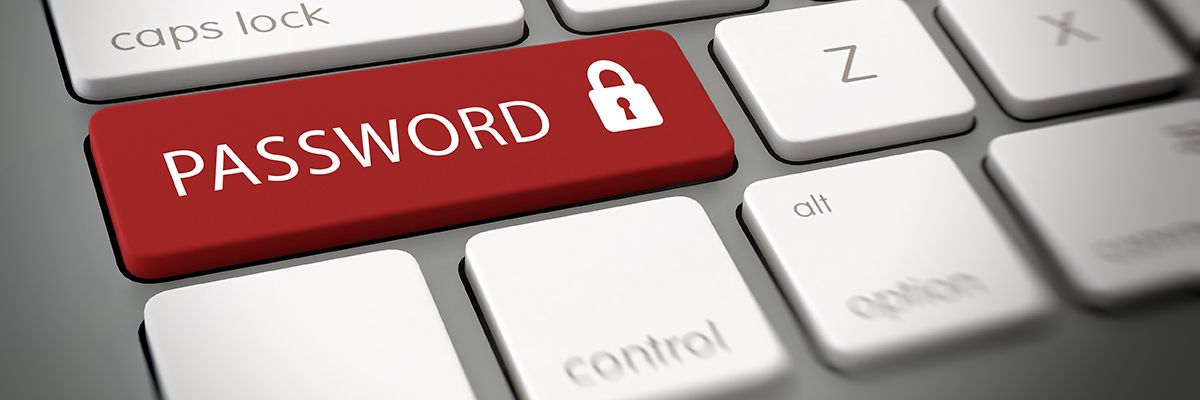Power up passwords quickly and easily
If you want to keep your online accounts safe, it’s time to change the locks for something much more secure
We all have to use passwords every day, and it’s very tempting to use passwords which are easy to remember. Perhaps they’re based on dictionary words, maybe with a number replacing a letter or a little bit of punctuation peppered in. But the easier your passwords are to remember, the easier they are to crack. Actually perhaps this isn’t true. One of the most secure ways of setting a password is to select more than one dictionary word. For instance, look around you right now and select four objects, then stitch them together into a password: KeyboardCoffeeWalletScreen, perhaps. Those four words will be easy to remember, particularly if you can set a story around them. And while a single word can be cracked in a few hours, it may take ages to pass through four. PASSWORD MANAGEMENT Using the same password on multiple sites can be a big risk, because if one of the websites you are using it on gets compromised – and your password gets released into the wild – hackers may attempt to use that password on other websites for which you have accounts. In one moment, your entire online life could be opened up. So it’s important to use a unique password for each account when you register it online. You could apply the four-word method, of course, although this will quickly become a serious memory test. Instead, password managers can help you keep track of your credentials for each website you use or even, if you wish, generate secure passwords for those sites that even you don’t  know. All you will need is a single master password. Probably the best password manager – one we’ve covered before in these pages – is LastPass (www.lastpass.com). It’s very simple to set up and, as long as you don’t reveal your master password to anyone, you’ll never get locked out.
know. All you will need is a single master password. Probably the best password manager – one we’ve covered before in these pages – is LastPass (www.lastpass.com). It’s very simple to set up and, as long as you don’t reveal your master password to anyone, you’ll never get locked out.